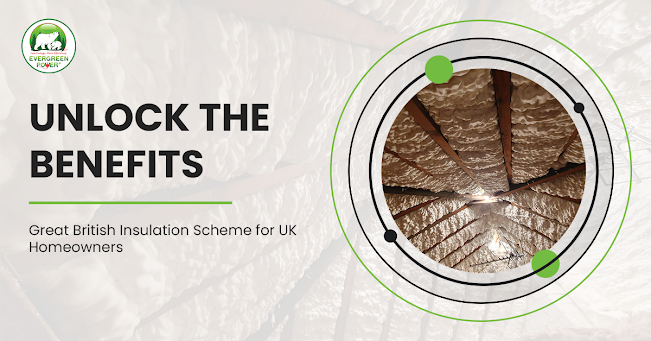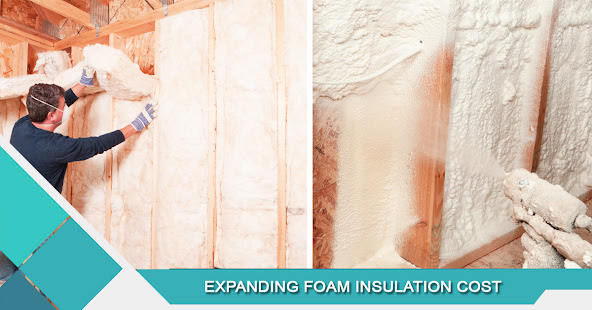Top Questions you may have about Spray Foam Insulation
Also known as just “spray foam,” spray foam insulation is a highly convenient alternative to the building insulation that’s traditionally used to offer buildings better energy efficiency and to help them better control their own climate. As the name suggests, it can be sprayed in loft spaces that you want to add insulation to, making it very to install.
There are a host of benefits to using spray foam insulation. It’s highly versatile, meaning that it can be used in the attic, the walls, the roof, and even the floor. It’s also very effective at keeping the heat in or out, making the home’s temperature easier to control the year through.
Like any option for insulating the home, there are pros and cons, as well as some aspects that you might like to know more about. For that reason, we’re going to answer four of the most common questions that people have about spray foam insulation.
Does spray foam insulation smell?
You might have heard from people that spray foam can smell pretty bad. Some people will describe it as a “fishy” smell and it can linger in the home. A home that smells bad is obviously one that you might not want to spend a lot of time in.
However, spray foam insulation cost tends only to smell bad when it hasn’t been mixed or installed properly. Very occasionally, this is the fault of the manufacturer who created the spray foam. However, usually, it’s down to the installation process. If you make sure that you get your spray foam installed by a professional team, you’re much less likely to come across this problem.
What happens if spray foam insulation gets wet?
If you’re planning to use spray foam insulation in your attic or under your roof, then it is important to think about what might happen if it comes in contact with water. After all, a roof can start to leak as a result of weather damage or just due to the wear and tear naturally associated with age. If your insulation starts to rot away, it can expose your home to spreading mould and moisture.
However, unlike many other insulation materials, spray foam insulation (in particular open-cell spray foam), is not going to have any moisture problems. It creates an airtight barrier but is also breathable in nature and allows moisture to pass through thereby eliminating any chance of condensation happening in your loft space. You just need to make sure that you’re using high-quality open-cell spray foam such as Hunstman H2foam Lite, first and foremost.
Can spray foam insulation trap moisture against a surface?

As mentioned, open-cell spray foam insulation isn’t going to be affected by moisture as it’s allowing moisture to pass through due to its breathable nature. However, if you use closed cell foam it might trap moisture as it is rigid in nature and does not allow moisture to pass through. Depending on what the surface is, trapped moisture can become a serious problem. It can rot away certain materials whereas others, such as metals, can oxidize and corrode as a result.
Therefore, closed-cell spray foam insulation is recommended for metal surface which does not need to breathe, and Open cell spray foam insulation is recommended for timber surfaces. Open Cell Spray Foam when applied precisely by a professional who knows how to control the substance well, will ensure that the surface is ventilated and there is no condensation.
Will spray foam insulation rot my roof?
One of the chief concerns around the effectiveness of insulation and whether or not it will trap moisture or be affected by it is whether or not it’s going to cause the roof material that it is in contact with to rot.
If applied by an amateur, there is some concern that the seal of the spray foam insulation will not be airtight, which can allow air and moisture to circulate fully. However, this will not be the case when the spray foam is applied by a professional who is trained in using Hunstman H2foam Lite uk, as it will create an airtight seal.
Learn more about spray foam insulation
Hopefully, the questions above address most of the pressing concerns that have been on your mind regarding spray foam. However, if you have any more, don’t hesitate to get in touch with the team. We will be glad to make sure that you feel confident about choosing spray foam insulation for your home or, if necessary, we can recommend solutions that might better fit your needs.
Source URL : www.evergreenpoweruk.com/5-questions-to-ask-before-insulating-your-loft-roof/




Comments
Post a Comment